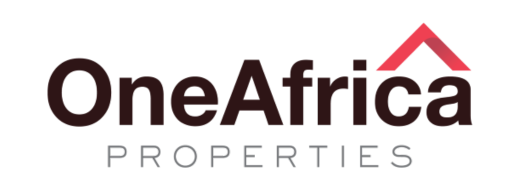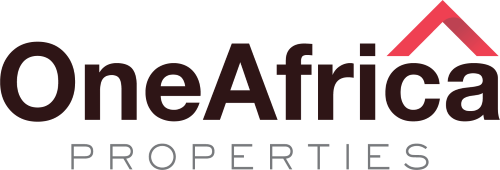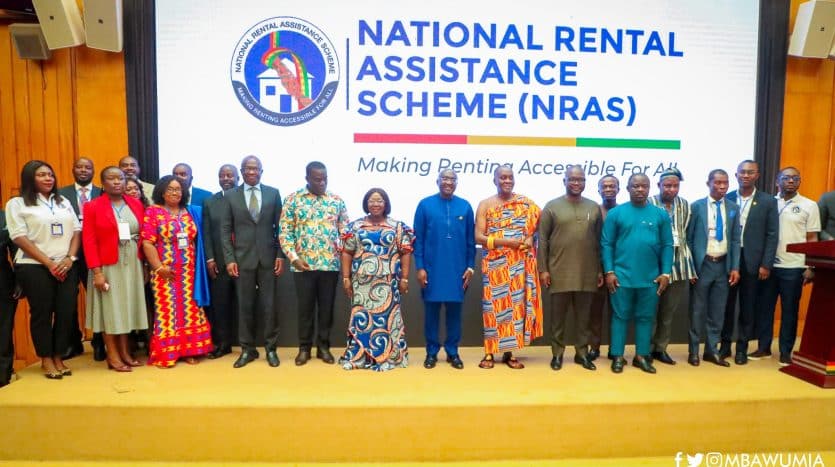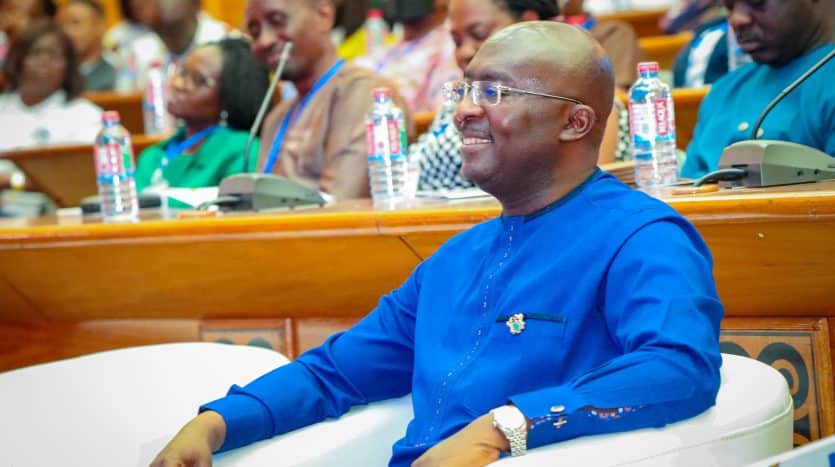What to Know about the National Rental Assistance Scheme Launched in Ghana
The Ghana government on Tuesday, launched the National Rental Assistance Scheme (NRAS) to provide rent loans to both formal and informal sector workers with verifiable and regular income.
The first phase of the scheme to be implemented with GH¢30 million will provide eligible Ghanaians with a mechanism to pay low monthly rent, which effectively removes the need for rent advance payment within five regions – Greater Accra, Ashanti, Western, Eastern, Bono East and Northern.
How to Qualify
The eligible person must be a Ghanaian, possess a valid Ghana Card, be an adult of 18 years and above, have verifiable employment and earned income, verifiable bank statement or mobile money statement, and rent payable must not exceed 30 per cent of the household income.
How it Works
Mr Richard Acheampong, the Scheme Manger, Rent Masters, explained at the launch in Accra, that the eligible person was expected to identify a property of his or her preference and notify the NRAS of same through a formal online application, pay GH¢100 application processing fee, present two forms of Identity Cards and have the application verified within five to 10 business days.
He said the rent would then be paid directly by the Scheme Managers into the bank account of the landlady or landlord.

Contributing Factors
Mr Francis Asenso-Boakye, Minister of Works and Housing, said limited land supply, cost of capital, and rising cost of building materials had all contributed to the difficulty in rising buildings in the country.
The urgent need, therefore, to provide support to lower income earning households and the youth to access the minimum standards of accommodation, he said, could not be overemphasised.
“It has become imperative to address the short to medium term market challenges in rental failures where landlords demand years of rent advance payments,” he said.
Mr Asenso-Boakye explained that the beneficiary regions were selected following data gathered by the Rent Control Department, indicating that they had a higher percentage of rent advance challenges.
“I am confident that the scheme will bring a lot of relief to many Ghanaians,” he added.
Relief to Ghanaian Beneficiaries
Mr. Ignatius Baffour-Awuah, the Minister of Employment and Labour Relations, said what often came to mind when determining a minimum wage was feeding, clothing and accommodation.
Apart from workers, he said, another area that was often ignored although equally important was the welfare of pensioners.
“You commit your time to your office and you go on pension and think like – where are we going to live and how will we pay? They are very vulnerable and it is at this stage that they suffer a lot of difficulties. They need serious consideration during the implementation of such schemes,” he said.
Mr Awuah said a study conducted showed that many of the pensioners in the country earned below GH¢600 a month, adding: “So just imagine a person earning this money and asked to pay a rent advance of two years”.
Dr Anthony Yaw Baah, General Secretary of the Trades Union Congress, urged the implementing agency and ministry to extend the scheme to the other regions soon to enable them to benefit from it.
He also appealed to them to prioritise women especially single mothers in the scheme.
“Let us pay some more attention to single mothers with one, two or more children. This will help the mother and children. I also appeal that the houses be located at places where the children can have access to education,” he said.
Words from National Tenants’ Union
Mr Frederick Opoku, the General Secretary, National Tenants’ Union of Ghana, beseeched the Government to establish a statutory body called “The National Rental Housing Taskforce Group” to protect the scheme and ensure the enforcement of rent advance payment not exceeding one year when the Rent Bill is passed into law.
He called for a fair, transparent and credible application process and with no political colours to make it easier for the ordinary Ghanaian to access it.
Interested in Learning More?
The public were encouraged to visit www.nras.gov.gh for more enquiries on the scheme.
Source: Ghana Business News




Want to know if it’s only meant for salary workers and what of the individuals whose salaries are paid through momo and not the bank and the selfemployed. Are we part of this scheme.
can a casual worker of 10 years still in service and promptly monthly paid applied!
Have never heard this special fantastic initiative exist in Ghana ever…. these need to be broadcast to the people…. There are a lot of ignorant citizens who needs to be informed of such a a wonderful work being done by the government.